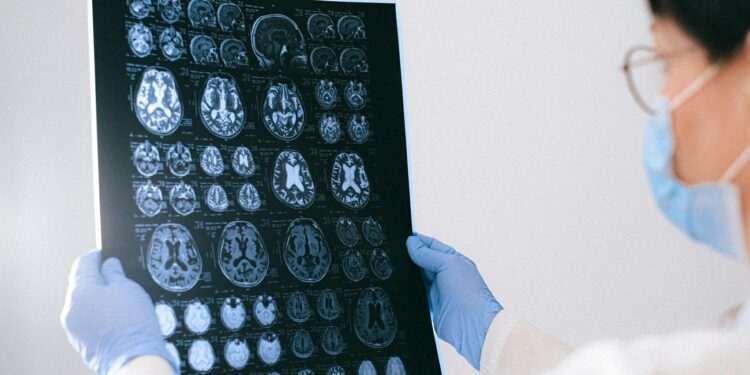Unveiling the Impact of Age on Brain Health: Insights from New Research
The Connection Between Ageing and Cellular Changes
Researchers at the Allen Institute for Brain Science have made significant strides in understanding how aging affects brain function. Their latest findings pinpoint specific molecular alterations in the brains of older mice, highlighting a particular area that experiences considerable damage as they age. This research underscores a potential relationship between diet, lifestyle choices, and brain health—suggesting that what we consume may affect cognitive longevity.
Discoveries Highlighted in Recent Publication
Published in the esteemed journal Nature, this study sheds light on distinctive cell types within mouse brains that exhibit notable transformations over time. Among these changes is a rise in genes linked to inflammation, alongside a decline in those vital for maintaining neuronal integrity and function. According to lead researcher Kelly Jin, Ph.D., “We suspect these neuronal cells are becoming less capable of processing signals from our surroundings or dietary intake.”
Underlying this idea is an intriguing proposition: if these cellular inefficiencies contribute to aging observable throughout other bodily systems, it points to deeper connections between neurological decline and overall health.
Dietary Habits and Lifestyle Factors Affecting Brain Age
The research team discovered a critical nexus within the hypothalamus where both reduced neuronal efficacy and heightened inflammatory responses occur—aspects critical to understanding brain aging processes. Notably affected cell types near the third ventricle include tanycytes, ependymal cells, and neurons associated with appetite regulation, energy management, metabolism, and nutrient utilization.
To uncover these insights effectively, researchers utilized sophisticated single-cell RNA sequencing paired with advanced mapping technologies pioneered by NIH’s BRAIN Initiative. This comprehensive analysis encompassed over 1.2 million brain cells sourced from both young mice (approximately two months old) and their aged counterparts (around 18 months), representative of late middle-aged humans.
Potential Repercussions for Future Treatments
By showcasing how cellular dynamics shift with age—and how this may be influenced by dietary choices—the findings present an optimistic outlook for developing interventions aimed at mitigating age-related cognitive decline. Understanding these nuances could disclose pathways toward innovative therapies designed to enhance brain resilience against the ravages of time.
This summary serves an informative purpose; individuals should always consult healthcare professionals regarding medical concerns or conditions they might encounter as they navigate their well-being related decisions.






